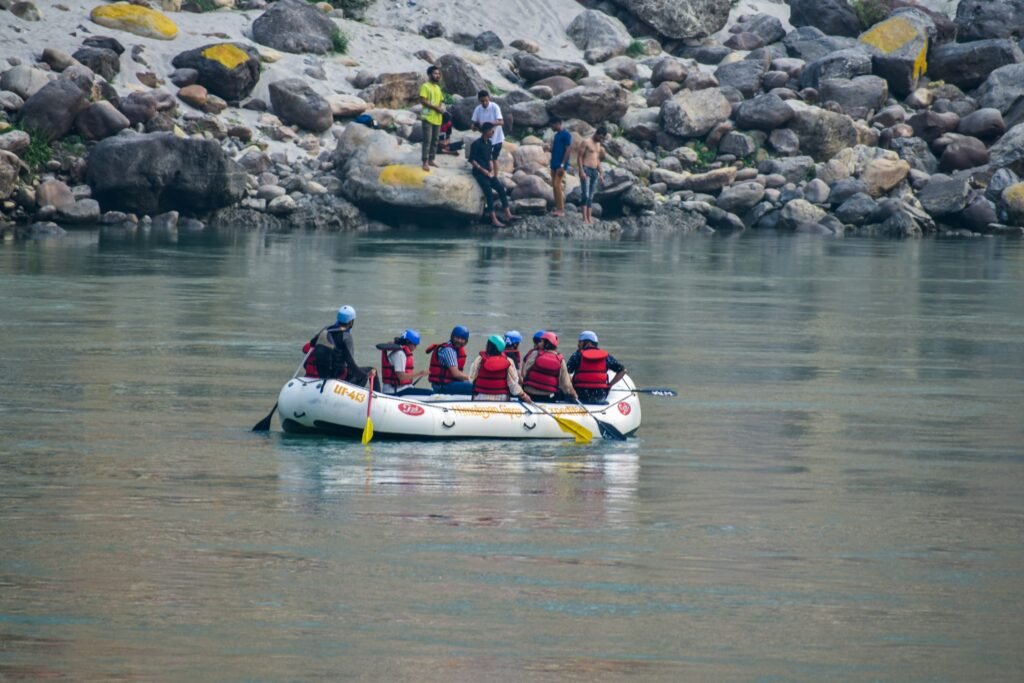
Preparing for Your Outdoor Adventure
Embarking on an outdoor adventure requires thorough preparation to ensure both safety and enjoyment. One of the foremost considerations is selecting the right gear and equipment. The essentials include sturdy hiking boots that offer good ankle support, a reliable backpack with adequate capacity, and a suitable tent that can withstand the weather conditions of the area you’ll be exploring. For cooking supplies, lightweight, durable options such as portable stoves, heat-resistant utensils, and compact cookware are ideal.
It’s important to tailor your gear choices according to the specific nature of your adventure. For a day hike, a small daypack, hydration system, and basic first aid kit may suffice. Conversely, multi-day treks and camping trips necessitate additional items such as sleeping bags, sleeping pads, and sufficient provisions. Investing in high-quality, weather-appropriate clothing is crucial to handle temperature variations and potential precipitation.
Physical preparation is equally important. Engaging in exercises that build endurance and strength can significantly enhance your outdoor experience. Cardiovascular activities such as running, cycling, and swimming are excellent for increasing stamina, while resistance training helps build muscle endurance needed for carrying heavy packs and traversing uneven terrain.
Safety measures play a pivotal role in outdoor adventures. Familiarize yourself with basic first aid, and ensure you carry a well-stocked first aid kit. Planning the route meticulously is another critical step. Utilize maps, GPS devices, and reliable guidebooks to chart your course. Understanding and preparing for potential hazards, such as inclement weather, is essential. Regularly check weather forecasts and be prepared for sudden changes in conditions.
Awareness of local wildlife can enhance your safety and enjoyment. Research the species you might encounter and learn how to act responsibly in their habitats. Carrying bear spray in bear country, keeping food sealed and stored away from your sleeping area, and understanding snake behavior in warm climates are all crucial safety measures.
By equipping yourself with the right gear, conditioning your body appropriately, and staying informed about safety protocols and local wildlife, you’ll be well-prepared to embark on a safe and exhilarating outdoor adventure.
Exploring and Enjoying the Wilderness
Experiencing the great outdoors involves more than just stepping out into nature; it requires preparation, awareness, and respect for the environment. Navigating different terrains such as mountains, forests, and deserts each pose unique challenges and opportunities. For mountain adventures, it’s essential to scout the terrain, prepare for varying weather conditions, and know your physical limits. Forests require an understanding of dense vegetation, awareness of local wildlife, and familiarity with both day and night navigation techniques. Deserts present the dual challenges of extreme temperatures and limited water resources, making hydration and sun protection critical.
Staying safe in the wilderness hinges on fundamental survival skills. Building a shelter from natural materials, such as branches, leaves, or rocks, can provide essential protection from the elements. Fire-starting is another crucial skill; knowing how to spark a flame using flint and steel or a simple magnifying glass can ensure warmth and the ability to cook food. Water purification, whether through boiling or using purification tablets, is vital to avoid dehydration and illness.
Sustainable practices are key to preserving the natural beauty of the wilderness. Adhering to Leave No Trace principles helps minimize environmental impact. This includes packing out all trash, sticking to established trails, and respecting wildlife. Using biodegradable soap, carrying reusable containers, and limiting campfire use are additional sustainable practices that aid in conserving the environment for future explorers.
Maximizing your enjoyment and connection with nature can be achieved through a variety of activities. Bird watching allows you to appreciate the biodiversity of an area, while foraging for edible plants connects you to the habitat’s resources. Observing natural phenomena, such as sunsets, starry skies, and seasonal changes, can deepen your appreciation for the wilderness. Personal anecdotes from seasoned adventurers and insights from experts underscore the importance of preparation and mindfulness when exploring the great outdoors. By embracing these practices, you can ensure a memorable and respectful outdoor experience.